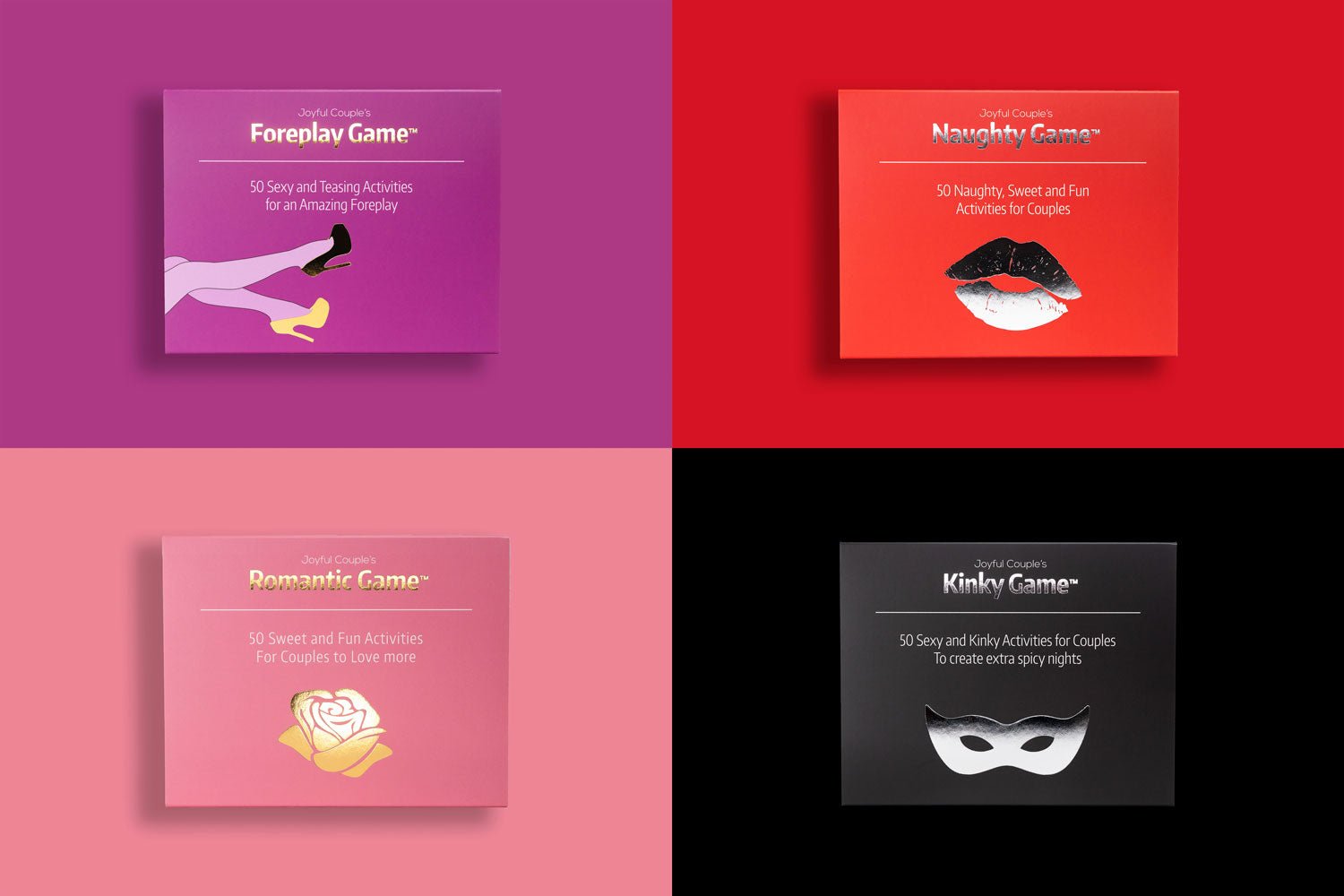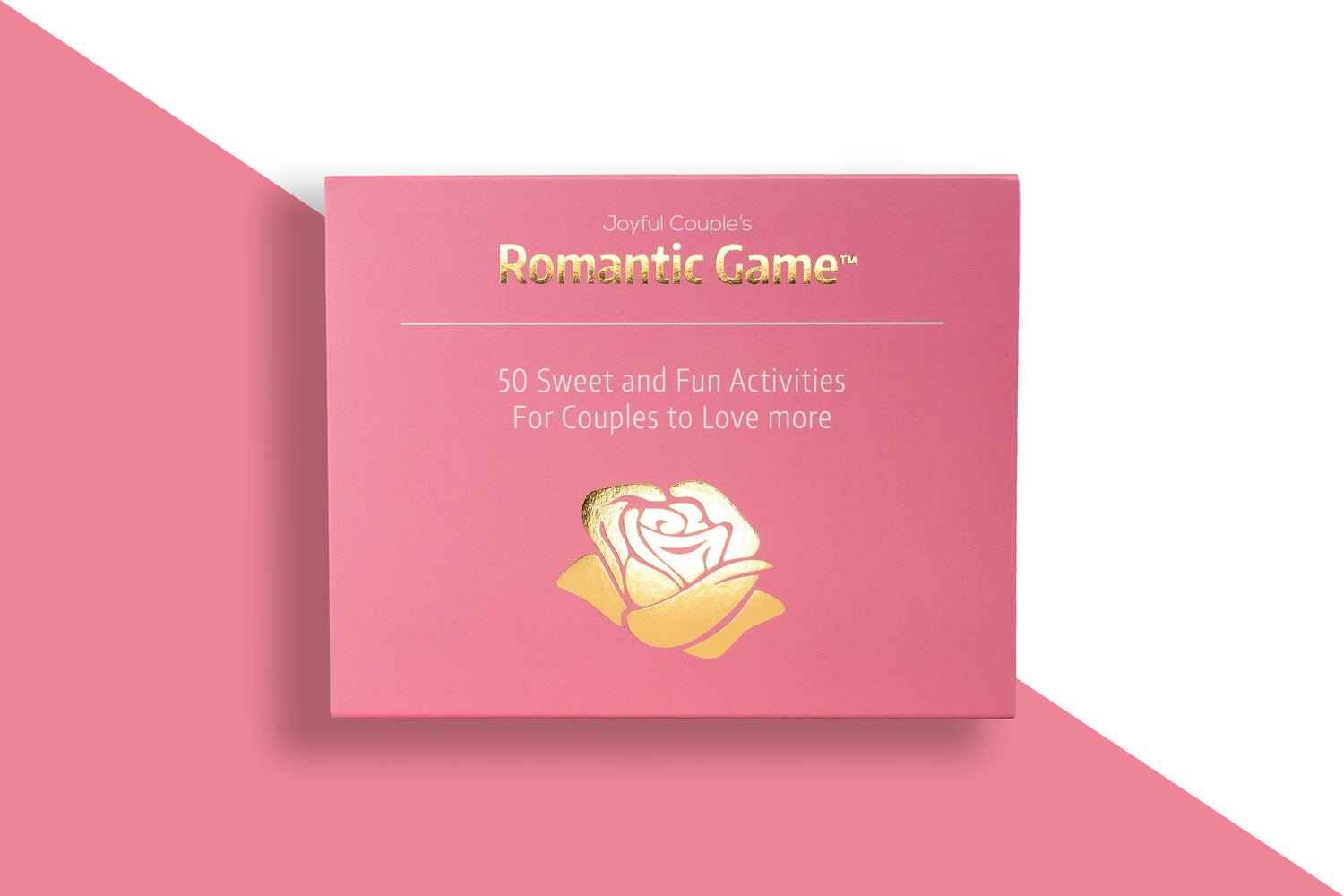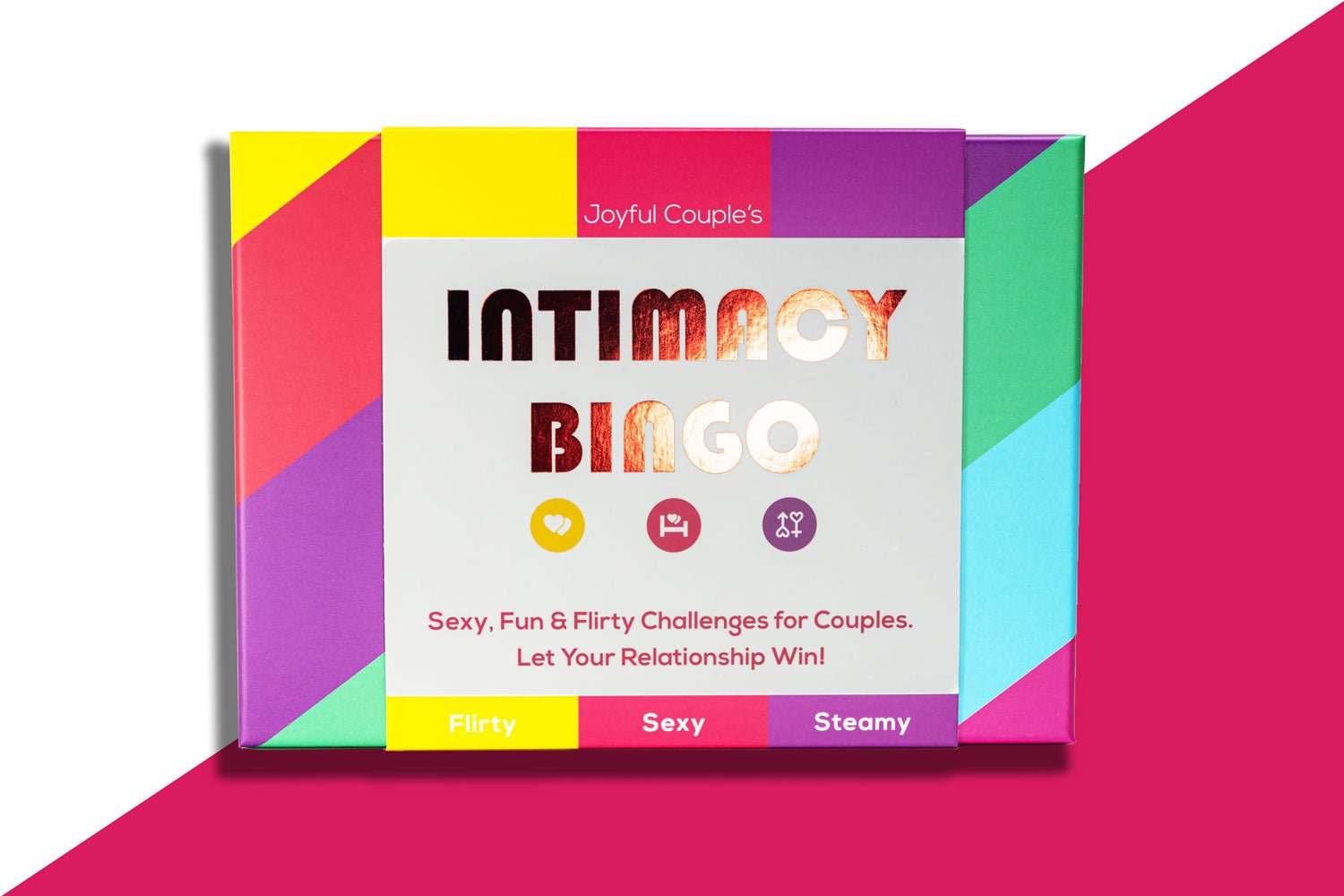Your approach to these moments can reveal more than just your feelings about the issue; it speaks volumes about your deeper relationship dynamics and overall emotional health.
Discovering your conflict resolution style is more than just navigating the occasional spat over unwashed dishes or forgotten anniversaries. It's about unlocking key insights into how you connect and communicate with your partner, potentially shaping the trajectory of your relationship.
Whether you seek harmony or are ready for debate, each style carries its own set of strengths and challenges. So let's find out the five conflict resolution styles and their role in your relationship.
- Related Read: 16 Ways To Reconnect With Your Partner After a Fight

Identifying Your Conflict Resolution Style
Conflict management is crucial in any relationship, but only some people handle disagreements similarly. By understanding the five common confrontation resolution styles, you can gain insights into your behavior and start seeing patterns in how you interact with your partner during tense moments.
Each style has its place, and most people will use different styles depending on the situation. However, consistently leaning towards a collaborative approach can lead to healthier, more satisfying relationships. Recognizing your predominant style can help you understand how you contribute to dispute and what you might need to change to foster a more supportive and loving relationship environment.
Avoidant Style
Those with an avoidant style tend to withdraw from feud, preferring to ignore issues rather than confront them directly. While this might minimize friction in the short term, it can lead to unresolved problems piling up. In relationships, this might manifest as silent treatment or changing the subject whenever something contentious comes up.
Accommodating Style
Accommodators are often more concerned with preserving the relationship than achieving their goals. They typically yield to their partner's needs and desires, which can be beneficial for maintaining peace but might lead to resentment if their own needs are consistently neglected.
Competitive Style
Individuals who adopt a competitive style approach disagreements like battles to be won. They assert their viewpoints aggressively and dominate the discussion, which can resolve issues quickly but often at the expense of their partner's feelings and the relationship's harmony.
Collaborative Style
Collaborators work alongside their partners to find solutions that satisfy both parties. This style is considered the healthiest approach to conflict resolution because it involves mutual respect, open communication channel, and a commitment to addressing the needs of all involved.
Compromising Style
Compromisers strive to find a middle ground that partially satisfies both partners. This style is practical when quick solutions are needed. While it doesn't fully satisfy either party, it maintains a balance that can keep the relationship stable.

The Psychology Behind Your Conflict Style
Understanding the psychology behind your confrontation resolution strategies can illuminate why you react to disagreements in particular ways. Various factors, from your upbringing to your personality traits, play significant roles in shaping how you handle turmoil in your relationships.
Upbringing
The family environment where you grew up is one of the primary influences on your conflict style. Suppose you were raised in a home where altercations were openly and constructively addressed. In that case, you might lean towards a collaborative or compromising style. Conversely, disputes were avoided or erupted into heated arguments. In that case, you might adopt avoidant or competitive styles in your relationships.
Past Relationships
Your experiences in past relationships also mold your argument behavior. Negative experiences, such as unresolved conflict or feeling unheard, make you more defensive or accommodating in future interactions to avoid similar outcomes.
Personality Traits
Your inherent personality traits play a crucial role as well. For instance, individuals who score high on agreeableness may naturally gravitate towards accommodating or compromising styles. In contrast, those with dominant personalities might prefer a competitive approach.
Dr. John Gottman, a renowned relationship psychologist, suggests that "how a couple manages conflict is determined largely by their personality styles and the dynamic they create together."1 He highlights that understanding these styles can lead to more effective communication strategies that address both partners' needs.
Moreover, studies indicate that those who engage in reflective practices, such as mindfulness, often develop a greater capacity for empathy and understanding, leading to healthier altercation-resolution strategies. This adaptability can be crucial for maintaining strong, supportive relationships.
By delving into the psychological roots of this, you become more aware of your natural inclinations and empower yourself to adopt more constructive strategies. This understanding can transform how you navigate discords, leading to deeper connections and more harmonious relationship life.

Impact on Relationships
How you handle struggles can profoundly affect the dynamics of your relationship, influencing everything from daily interactions to long-term satisfaction and intimacy. For instance, those who adopt an avoidant style often create a distance in their relationships, as issues remain unresolved and resentment builds over time. Imagine a scenario where one partner consistently withdraws during disagreements, leading to a build-up of unaddressed grievances that can erode trust and closeness.
Conversely, adopting a collaborative style tends to strengthen relationships. Couples who work together to resolve conflicts often experience deeper intimacy and a strong bond chemistry because both partners feel heard and valued.
Consider a couple who faces a disagreement about spending habits. Instead of arguing to win, they approach the situation with the intent to understand each other's perspectives and reach a mutual agreement. This not only resolves the immediate issue but reinforces their ability to tackle future challenges together, enhancing their overall relationship satisfaction.
Each style has its own set of challenges and benefits, and recognizing the impact of your style can help you make more informed choices about how to approach disagreements.
Pros and Cons of Each Style
Understanding the pros and cons of each argument solving strategies can help you navigate your relationships with more awareness and intention. Here's a balanced look at how each style can potentially benefit or hinder your relationship dynamics:
Avoidant Style
Pros: This style can be beneficial when opposition escalates unnecessarily or when a cooling-off period is needed. It can prevent immediate adverse reactions and give both parties time to reflect.
Cons: Chronic avoidance can lead to unresolved issues and a lack of engagement in the relationship. It can create emotional distance and prevent growth, as significant problems are swept under the rug rather than addressed.
Accommodating Style
Pros: This approach can promote harmony and stability in the relationship by quickly resolving conflicts and prioritizing the emotional well-being of the partner.
Cons: Over time, consistently putting the other's needs first can lead to resentment, loss of self-respect, and an imbalance in the relationship dynamic.
Competitive Style
Pros: This style can be effective for making quick decisions and in scenarios where assertive leadership is necessary.
Cons: This style can damage relationships if used excessively, as it often involves disregarding the partner's feelings or needs. It can lead to a win-lose situation, breeding resentment and hostility.
Collaborative Style
Pros: Often deemed the healthiest style, it involves mutual respect and cooperation, aiming for a win-win solution that satisfies both parties. This style strengthens the bond and trust between partners.
Cons: Finding a solution that pleases both sides can be time-consuming and may require much effort and patience.
Compromising Style
Pros: This style is practical when quick resolution is necessary or when the stakes are moderate. It ensures that both parties leave with some degree of satisfaction.
Cons: Compromise means both parties may not feel completely satisfied with the outcome, as each has to give up something.
Each style has its place in the spectrum and the key to a healthy relationship often lies in knowing when to employ each one. For instance, while the collaborative style is generally the most productive and positive, there might be moments when compromise is necessary to swiftly move past a minor disagreement.
Improving Your Conflict Resolution Skills
Enhancing these skills is essential for healthier relationships and turning disagreements into growth opportunities. Practice active listening by fully focusing on your partner without planning your rebuttal, showing respect and understanding their perspective.
Use "I" statements to express your emotions without triggering defensiveness, like saying "I feel" instead of "You always." Recognize when emotions are too high and agree to take a brief timeout to cool down, preventing escalation.
Express appreciation during and after feud to change the interaction tone, acknowledging valid points and reinforcing positive behaviors. By adopting these strategies, you can significantly improve conflict resolution, leading to a stronger, more understanding relationship.
Role of Couples Games in Conflict Prevention
The best strategie is preventing it at all, so integrating couples games into your relationship routine can revolutionize how you handle conflicts.
Joyful Couple offers transformative tools like the "Life Conversations" game, featuring 100 questions about life, beliefs, and values. This game encourages partners to explore deep, meaningful topics, fostering understanding and empathy.

Meanwhile, the "Naughty Conversations" game breaks the tension with playful prompts about desires and fantasies, creating a safe and fun environment for discussing sensitive issues. These relationship games not only enhance communication but also provide a unique, enjoyable way to practice turning potential disputes into moments of connection and intimacy.

Conclusion
Recognizing and understanding your conflict resolution style is more than just a pathway to smoother disagreements—it's essential for fostering a healthy, fulfilling love life. By identifying whether you tend toward avoidance, accommodation, competition, compromise, or collaboration, you can begin to appreciate not only your own natural tendencies but also how they affect your partner and the overall dynamics of your relationship.
Reflecting on your conflict style and considering the strategies discussed can improve how you communicate, solve problems, and support each other in times of disagreement.
We encourage you to take this knowledge and actively work on enhancing your relationship skills. Consider incorporating more constructive communication techniques, such as active listening and expressing appreciation, into your daily interactions.
And as always, feel free to read other relationship tips and look around our store to find some thoughtful and sexy gifts for couples.
FAQ Section:
What are the different conflict resolution styles?
Ever wondered how people handle conflicts? Our blog delves into five intriguing conflict resolution styles: the avoidant, the accommodating, the competitive, the collaborative, and the compromising. Each style is a unique approach to disagreements, from those who steer clear of conflict to those who work together to find a win-win solution.
How can understanding my conflict resolution style improve my relationship?
By understanding your style, you gain insight into your behavior during disagreements, which can help you constructively address conflicts. This self-awareness fosters better communication and deeper emotional connections with your partner, allowing you to adjust your approach to support a healthier relationship dynamic.
What practical steps can I take to improve my conflict resolution skills?
Embarking on a journey to improve your skills? Start by practicing active listening, a skill that involves focusing entirely on your partner's words without planning your response. Next, learn to express your emotions using 'I' statements, a technique that can prevent defensiveness. When emotions run high, agree to a brief timeout to cool down. And don't forget to express appreciation during and after conflicts to change the tone of interactions. By adopting these strategies, you can transform how you handle conflicts, leading to a stronger, more understanding relationship.
What role do past relationships play in shaping my conflict behavior?
Past relationships significantly influence your conflict behavior. Negative experiences, such as unresolved conflicts or feeling unheard, can make you more defensive or accommodating in future interactions. Understanding these influences can help break negative patterns and develop healthier conflict-resolution strategies.
Citations:
1. The Gottman Institute, https://www.gottman.com








